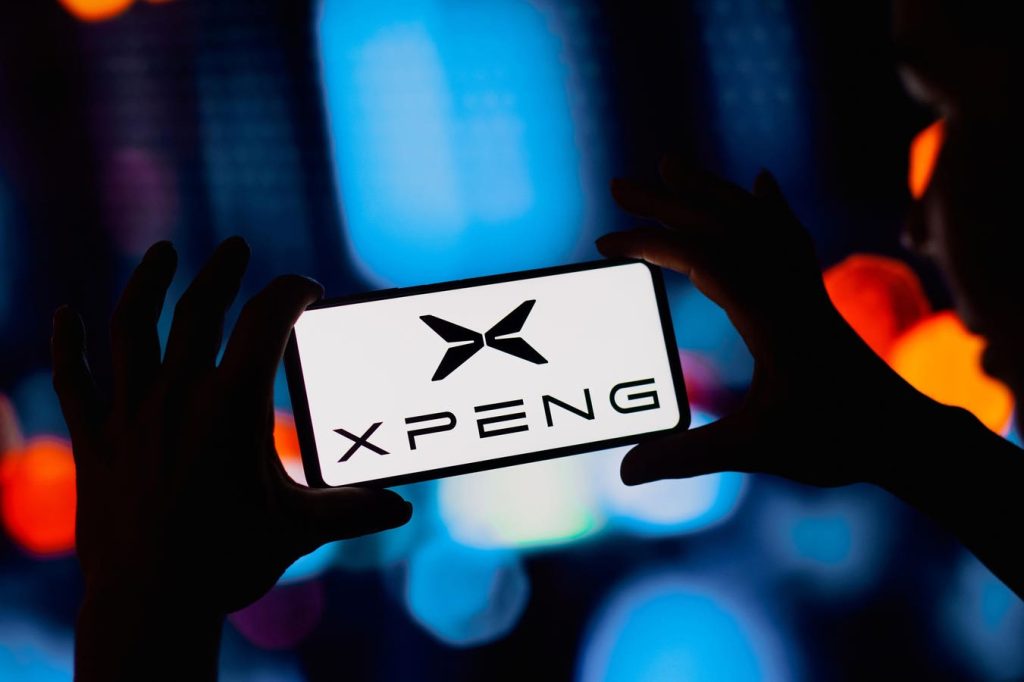Chinese luxury electric vehicle maker Xpeng reported better-than-expected Q1 2024 results, with narrower net losses and a 62% increase in revenue driven by the X9 multi-purpose vehicle. The average revenue per vehicle also rose, with gross margins improving significantly. Xpeng is projecting strong performance in Q2, expecting to sell between 29,000 and 32,000 vehicles, marking a 38% increase year-over-year at the upper end of guidance.
Despite the strong Q1 results, Xpeng’s stock has been a weak performer, underperforming the S&P 500 in 2021 and 2022. The Trefis High Quality Portfolio, on the other hand, has consistently outperformed the S&P 500, providing better returns with less risk. The uncertainty in the macroeconomic environment, with high oil prices and elevated interest rates, raises concerns about whether Xpeng will continue to underperform or see a recovery in the next 12 months.
There are concerns about global EV demand, but China’s EV industry benefits from government support, including new incentives for consumers to trade their older gasoline cars for electric and low-emission vehicles. However, competition and price wars are increasing, as seen with Tesla scaling back production in Shanghai amid rising competition. Despite these challenges, Xpeng is seen as a strong player in the self-driving software space and plans to launch more models, including a new sub-brand targeting mass-market models.
Xpeng’s strategic partnership with Volkswagen to co-develop VW-branded EVs and its plans to move beyond the luxury market towards more mass-market models bode well for the company’s future growth. The launch of the XPeng navigation guided pilot feature for self-driving and high adoption rates for its advanced driver-assistance system are positive developments. The company’s intention to launch more than 10 brand-new models over the next three years and the introduction of its new sub-brand Mona, expected to compete with the likes of BYD, show Xpeng’s commitment to expanding its market share and competing with other Chinese EV manufacturers.













